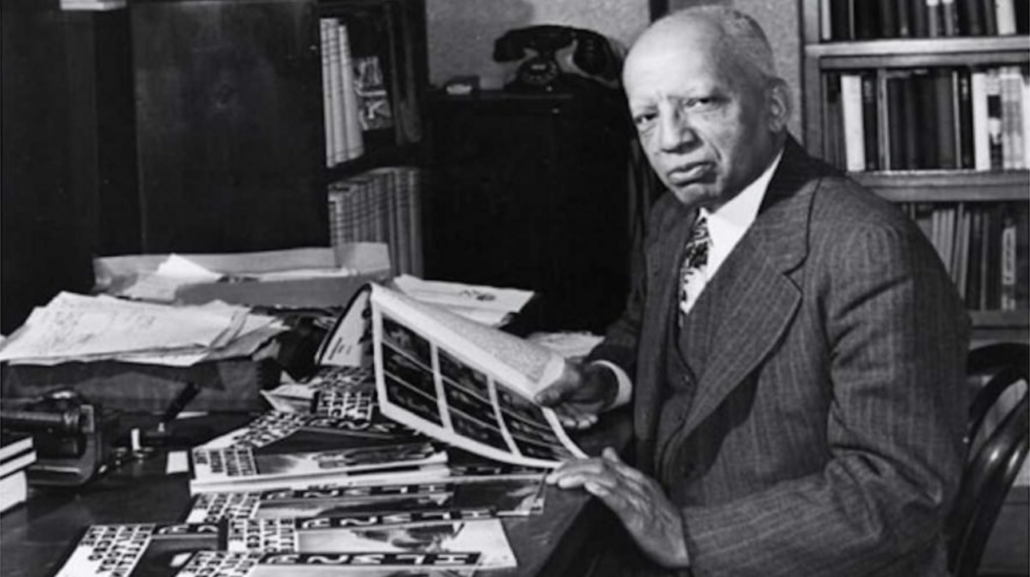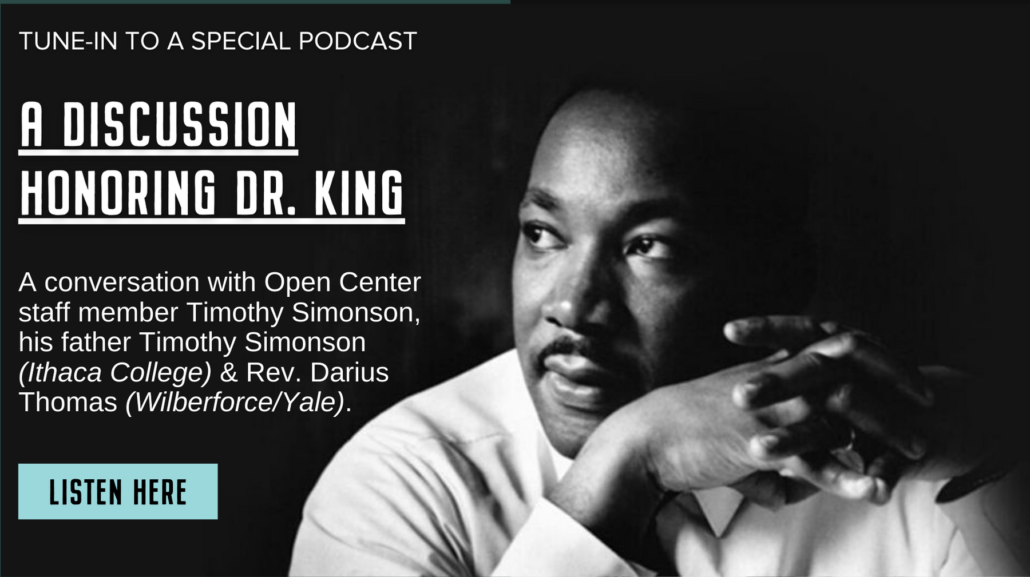Black History is American History
“Those who have no record of what their forebears have accomplished lose the inspiration which comes from the teaching of biography and history.”
By The Open Center
As we all know, February is Black History Month, a time to acknowledge, celebrate and encourage the study of the accomplishments and contributions Black Americans have made in shaping American history. But how much do you really know about this important month and what you can do to honor it?
Black History Month was founded in 1926 by Harvard-educated historian, Carter G. Woodson, and his organization, the Association for the Study of Afro-American Life and History (ASALH). Originally designated to the second week of February, Woodson wanted this week to coincide with the birthdays of Frederick Douglass and Abraham Lincoln.
Join us each week this month to not only honor the accomplishments of our Black forefathers and mothers, but to celebrate those who are currently investing in their communities, promoting healthy outcomes for people of color, re-imagining what wellness looks like and reinforcing the message that Black Lives Matter everyday.
Today and everyday, we will continue to listen, learn and educate ourselves so that we can support much-needed systemic change within and beyond our industry and enrich the culture of our collective society.
Week 1: Black History Is American History
The African American impact on American history is inexorably linked–their significant contributions etched deeply in the American fabric. And yet, too often these contributions have been forgotten and gone unnoticed because they have been erased from our textbooks.
Today we remember and recognize the contributions made by enslaved Africans and their descendants across the field of wellness, paving the way for future generations of healers, astrologers, herbalists and thought leaders.
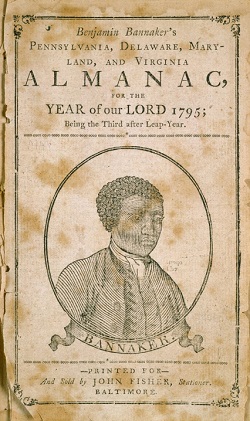
Benjamin Bannaker (1731–1806) was a free African-American landowner and farmer, who’s self-taught knowledge of mathematics and astronomy led him to successfully predict a solar eclipse and accurately calculate the ephemeris (map of the stars), which he published in his annual almanac. At the time, his almanacs were used to predict long-range weather patterns, but they also provided an outlet for his social and political commentary, in which he challenged Thomas Jefferson on racial equality. Today, his almanacs are used by modern day astrologers to track the planets. (Biography.com)
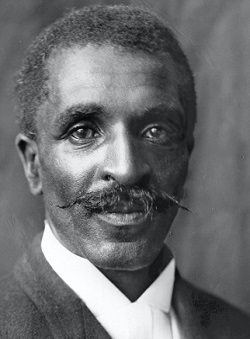
George Washington Carver (1864–1943), who was born into slavery, was an agriculturist and teacher who’s historic discovery of crop rotation helped to heal soil ravaged by cotton and tobacco by planting the humble peanut. This new method of farming yielded a surplus of peanuts and as a result, Carver developed hundreds of natural-care products from peanuts, including facial cream, shampoo and soap. (Biography.com)
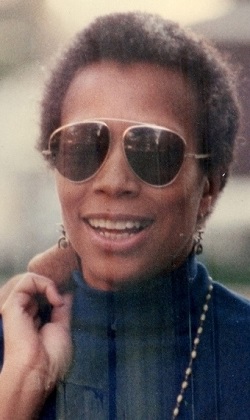
E. Kitch Childs, PhD, (1937–1993), helped to found the Association for Women in Psychology. She was also a founding member of Chicago’s Gay Liberation Front. In addition to being a leader for women in psychology and the LGBTQ+ community, she also owned her own practice in which she provided therapy to LGBTQ+ folks, people living with HIV/AIDS, and other marginalized members of her community. She practiced feminist therapy, and centered her research and work around the experiences of Black women and feminist theory. (Mental Health America)
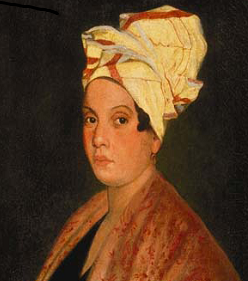
In the 19th Century, Marie Laveau was New Orleans’ foremost Voodoo Queen. And while the word voodoo may conjure up images of pin-stuck dolls, Laveau stayed true to the Afro-Caribbean roots of Voudon, relying on herbal folk medicines and wisdom passed down through generations to nurse patients back to health during the yellow fever epidemic. (Ancient-Origins.net)
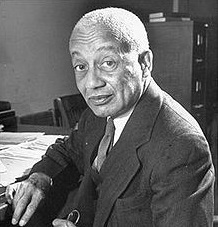
Alain LeRoy Locke (1885-1954), was a professor, Harvard-educated writer, first Black Rhodes Scholar, and a pioneering philosopher on race and culture. In 1925 he published The New Negro—an anthology of poetry, essays, plays, music and portraiture by white and black artists, which earned him the title “Father of the Harlem Renaissance.” (Biography.com)
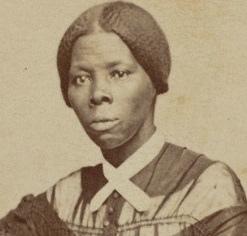
Harriet Tubman (1822-1913) who is best known for helping slaves escape on the Underground Railroad, used her knowledge of plants and herbs to provide medicine, food and to keep crying babies quiet, thus ensuring the safe passage of 300 slaves. (Biography.com)
SOMETHING TO REFLECT ON:
How does Black history in America differ from the traditional story of American history that we’ve been taught? How do you relate to what you have learned and what are the things that stand out for you to think about further?
Correction: Please note that when originally posted in this blog and in the email, “Black History is American History” the middle initial of Carter G. Woodson was erroneously listed as D. We apologize for this error.
Visit this page for future updates.
More from the blog
A Special Thanks To Our Teachers
June 1, 2022/by Laurie JordanA Letter From Our CEO, Ross Guttler
May 25, 2022/by Laurie JordanShining the Spotlight on our Advanced Trainings
January 25, 2022/by Laurie JordanOpening Doors Episode 6: A Symphony of Breathwork Techniques with Roger Jahnke
January 25, 2022/by Laurie JordanRobert Bly (1926 – 2021): An Appreciation
December 10, 2021/by Laurie JordanMeet the Teacher: Faith Adiele
December 6, 2021/by Laurie JordanTracking Wonder – Book Excerpt
November 4, 2021/by Lesley RodriguezMeet the Teacher: Sister Kate
November 3, 2021/by Lesley RodriguezCelebrate Native American Heritage Month
October 29, 2021/by Lesley RodriguezReiki – Frequently Asked Questions
October 28, 2021/by Lesley RodriguezMeet the Teacher: Peeka Trenkle
October 9, 2021/by Lesley RodriguezMeet the Teacher: Felicia Cocotzin Ruiz
October 8, 2021/by Lesley RodriguezGET ON THE LIST
Subscribe to our newsletter to keep up with the latest news and program updates from The Open Center.


